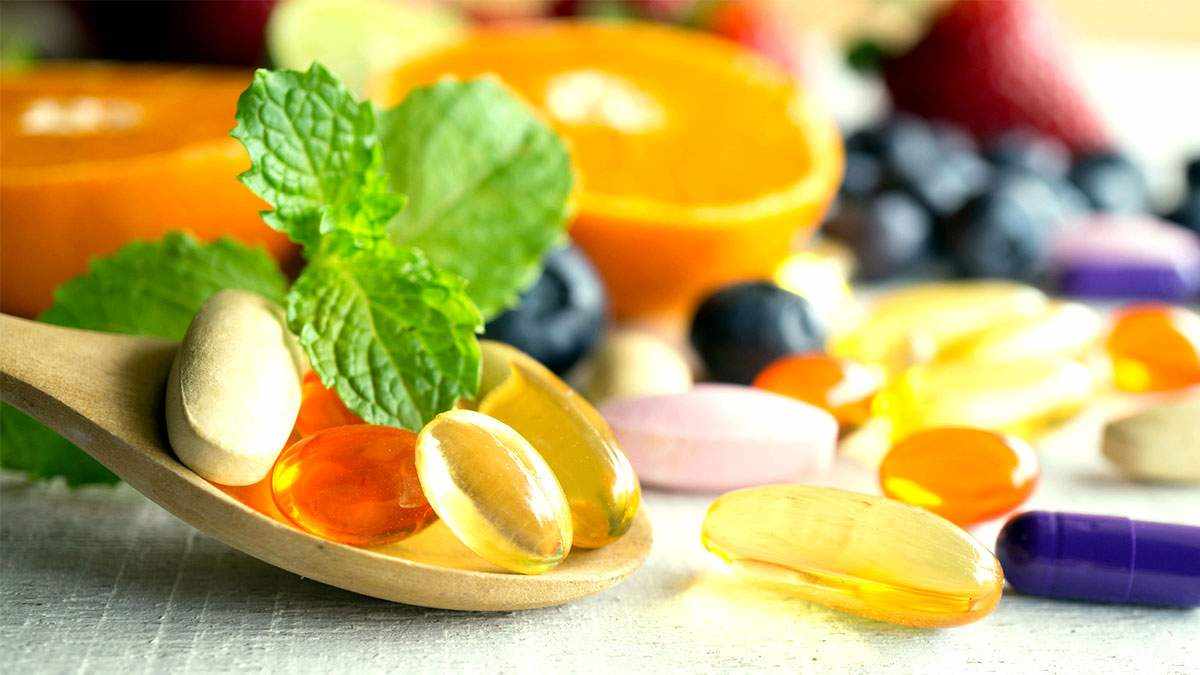
What is Betaine?
Betaine, also known as trimethylglycine, is an amino acid that occurs naturally in many foods. It is derived from glycine through the addition of three methyl groups. The human body is capable of producing betaine from choline but dietary intake is necessary to meet physiological demands.
Sources of Betaine
Foods rich in betaine include beets, quinoa, wheat germ, spinach and shrimp. Betaine levels in these foods are generally between 200-900mg per 100g. Supplemental betaine is also widely available in capsule or powder form with standardized dosages ranging from 250mg to 3000mg per serving. Major supplement manufacturers offer betaine as a standalone supplement or blended into pre-workout formulas and sports nutrition products.
Metabolic Functions of Betaine
Betaine plays an important role in cell signaling, methylation reactions and oxidative stress protection. It acts as an organic osmolyte important for cell volume regulation in the kidneys and digestive tract. Betaine donates methyl groups for the conversion of homocysteine to methionine, an essential methyl donor for many metabolic reactions. This supports cardiovascular health by lowering homocysteine levels in the blood. Betaine also acts as an antioxidant and protects cells and tissues from oxidative damage caused by reactive oxygen species.
Uses in Sports Nutrition
Betaine supplementation has gained popularity among athletes and bodybuilders for its proposed ergogenic effects. Research has shown betaine can increase anaerobic power and drive greater gains in muscle strength and hypertrophy during training. The proposed mechanisms involve betaine's cell volumizing properties, which help drive an anabolic environment in muscle tissue. Supplementation studies have observed 1-3% increases in bench press strength and muscle size after 4-8 weeks of training with supplemental betaine. However, more research is needed to fully understand betaine's ergogenic mechanisms and optimal protocols for athletic performance enhancement.
Cardiometabolic Health Benefits
Due to its role in one-carbon donor reactions, betaine may support cardiometabolic health in several ways. Observational studies link higher dietary intakes of betaine with reduced risks of type 2 diabetes, non-alcoholic fatty liver disease and cardiovascular disease. Supplementation trials show betaine lowers biomarkers of cardiovascular disease risk like triglycerides, LDL cholesterol, blood pressure and inflammation. Further investigations are exploring betaine's potential as an adjunct therapy for managing cardiometabolic disorders. Overall, the evidence suggests betaine merits consideration as a natural strategy to support cardiovascular and metabolic wellness.
Neurological Effects
Emerging research indicates betaine may benefit brain health and cognition as well. Clinical trials found betaine supplementation improved symptoms of depression and schizophrenia when added to standard pharmaceutical regimens. Other studies link higher betaine intakes to slower cognitive decline in the elderly. The mechanisms involve betaine's role in methylation pathways crucial for neurotransmitter synthesis, DNA repair and membrane integrity in neurons. Further investigations are exploring betaine's potential for boosting mental performance and protecting against neurodegenerative conditions like Alzheimer's disease. Overall, more clinical data is still needed but preliminary findings present betaine as a compelling option for neurological support.
Betaine Uses
betaine has established roles in cell volume regulation, methyl donor biochemistry, antioxidant protection and cardiovascular support. Research suggests it may also promote gains in muscle strength and size when combined with training. Additionally, betaine shows promise for neurological benefits like mood enhancement and cognitive protection. Future well-designed human studies will help determine optimal dosing for specific health conditions. For now, the current scientific literature supports betaine as a generally safe and beneficial nutrient to consider for active individuals and those seeking natural cardiometabolic and brain health support. When obtained through a whole-food diet or moderate supplemental dosages, betaine appears to provide broad physiological perks.
Get More Insights - Betaine
Get This Report in Japanese Language - ベタイン市場
Get This Report in Korean Language - 베타인 마켓
Read More Articles Related to this Industry –
Sustainable Agrochemicals: Innovations for Eco-friendly Farming
Types of Agrochemicals and Their Role in Modern Farming
The Impact of Agrochemicals on Soil Health and Crop Yield
Recent Developments in Agrochemicals Industry
About Author:
Vaagisha brings over three years of expertise as a content editor in the market research domain. Originally a creative writer, she discovered her passion for editing, combining her flair for writing with a meticulous eye for detail. Her ability to craft and refine compelling content makes her an invaluable asset in delivering polished and engaging write-ups.
(LinkedIn: https://www.linkedin.com/in/vaagisha-singh-8080b91)




















Write a comment ...